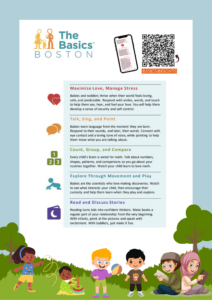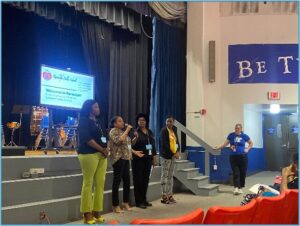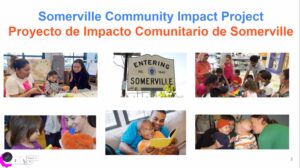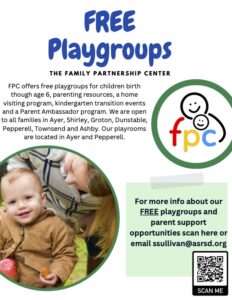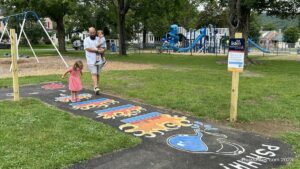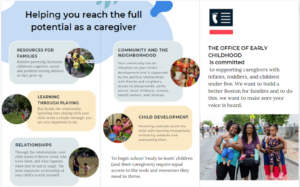Families First’s programs have a positive impact on parents, children, and communities because…
Extensive research has clarified the vital role that parents can play in promoting the well-being of their children. At Families First, this research is the backbone of our parenting education programs.
Early experiences can shape the future of children’s lives.
80-90% of brain development happens in the first 5 years of life.
“In the first few years of life, more than 1 million new neural connections are formed every second.”
“The science on brain development is clear: To create the largest change, all signs point back to the child’s earliest years.”
Parents who are stressed and isolated need parenting support and strategies.
16.2% of families in the Greater Boston area are living below the poverty line, compared to 11.5% across the United States.
A nurturing home environment leads to better academic and health outcomes for children despite challenges faced by low-income families.
75% of children from families with moderate-to-high incomes were prepared to enter kindergarten, compared to 48% of children from families living in poverty.
One stable and responsive relationship helps children overcome adversity.
Building a social network allows parents to better support their families.
Nine out of ten families surveyed by the Search Institute did not have the community and social connections needed to support their families.
“Families who struggle the most often have weaker social connections and supports. An opportunity, then, lies in strengthening the… social bonds—particularly with other families and parenting adults who share common priorities, challenges, and interests—so that families have trustworthy people they can turn to when they need more support or encouragement.”
Parents who understand child development are better able to support their children.
“We should not underestimate the role of the parent and the power that comes from providing parents with information, resources and choice. Ensuring that parents have the knowledge and resources for providing a stimulating home environment is just as important, if not more important, as anything that happens in the classroom when children enter school.”

